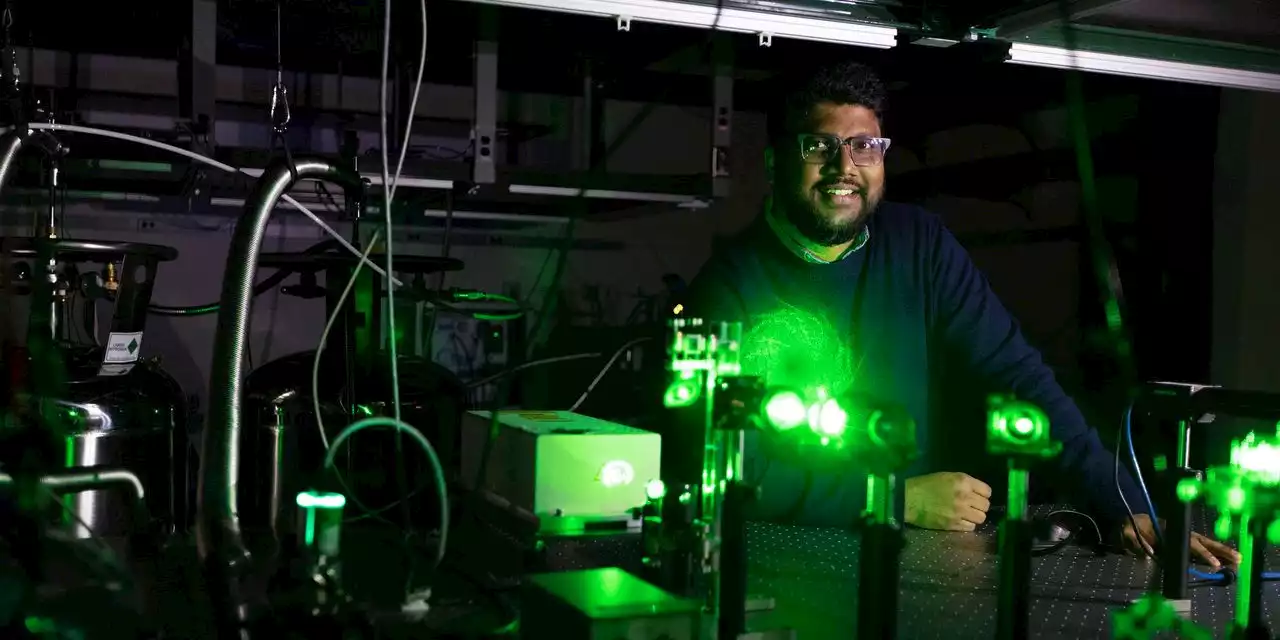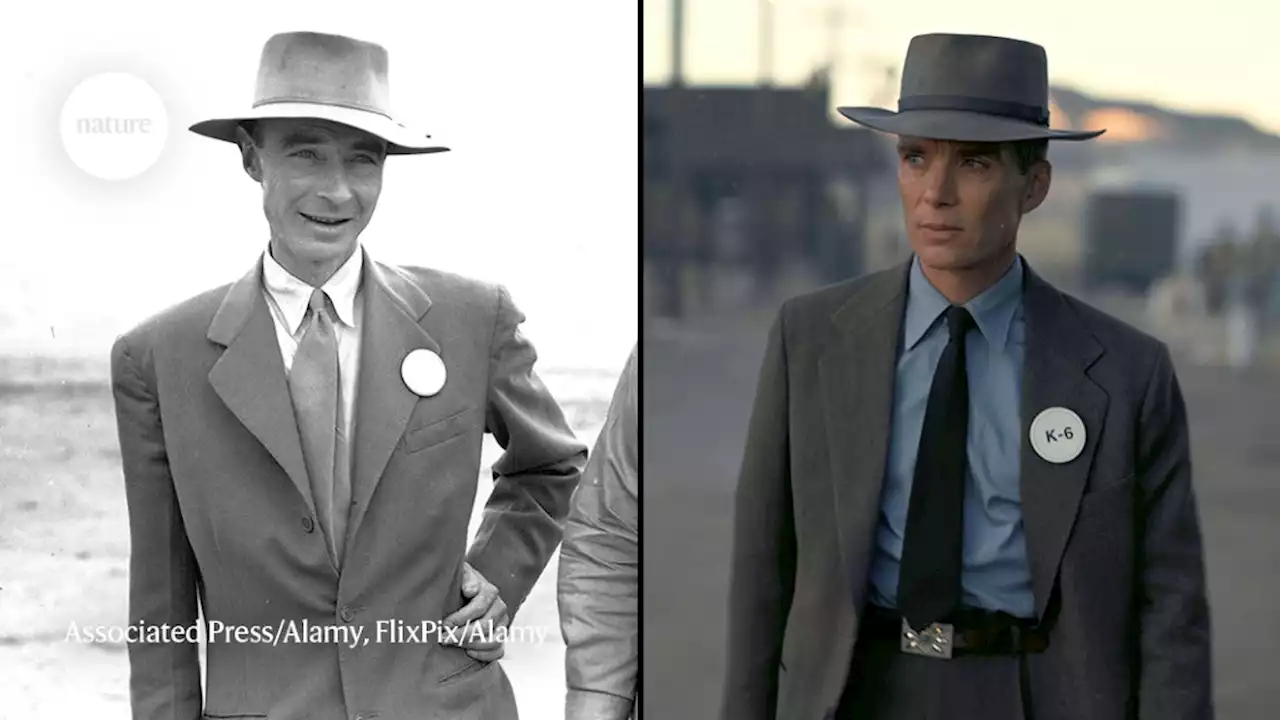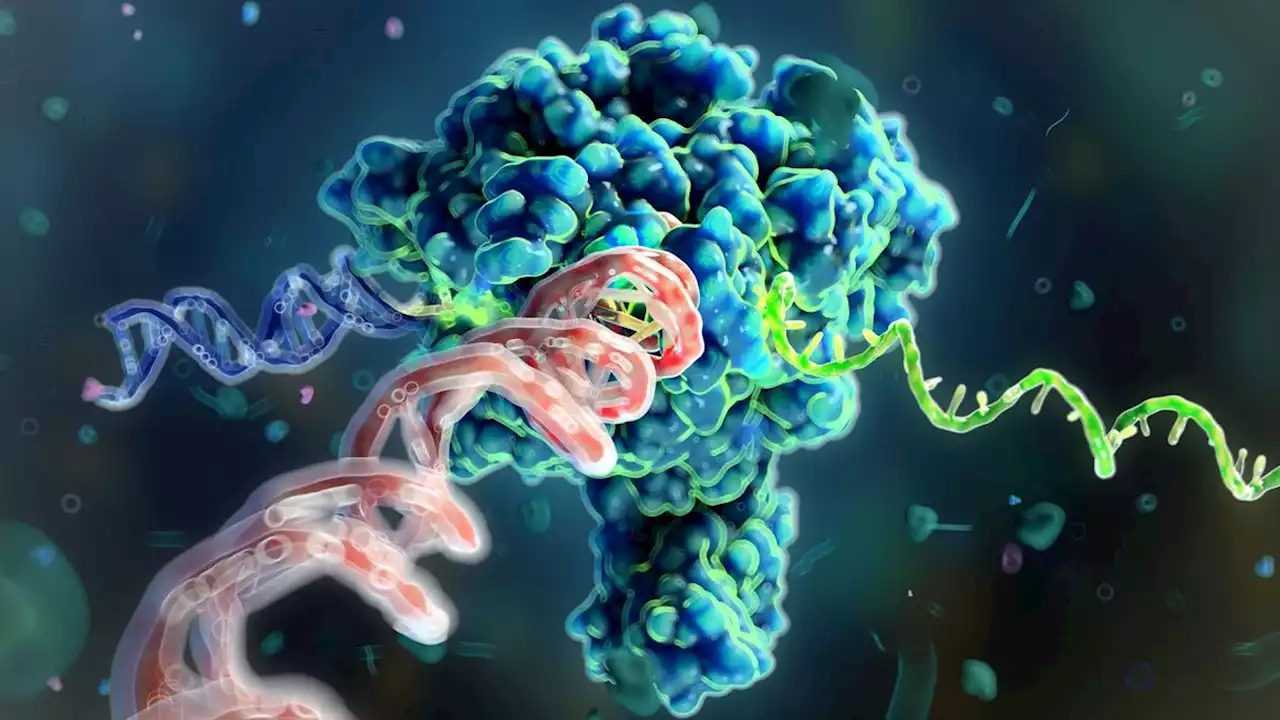Using off-the-shelf consumer batteries, scientists stimulated insulin release from engineered human cells implanted in diabetic mice and restored the rodents' normal blood sugar levels.
The gene activity of"designer" human cells can be remotely toggled on and off with electric currents, a new study in mice shows.
Wearable devices are already in vogue and can monitor pulse, blood pressure, blood sugar levels and more. But currently, no such tech can be used to control gene expression.To move this idea from science fiction into the real world, Martin Fussenegger, a professor of biotechnology and bioengineering at ETH Zurich and the University of Basel, and his colleagues designed an interface called DC-actuated regulation technology . It's powered by DC from standard 1.5-volt AA or AAA batteries.
The sensor, which was engineered to work as a transcription factor — a protein that latches onto DNA to turn a gene"on" or"off" — then bound to a designated spot on the cell's DNA and, in turn, activated the gene of interest, the insulin gene. The human cells were genetically engineered to express, or activate the gene of interest only if the ROS levels produced by the electrical current were high enough, and as the ROS dissipate, the gene switches"off.
The Fussenegger lab previously designed an electrogenetic device that used alternating current at high voltage to activate cells, but it required too much power to be suitable for wearables. The new study shows that electronic control of gene expression doesn't need a lot of power or fancy devices, Bentley said."That’s a significant advance."
Malaysia Latest News, Malaysia Headlines
Similar News:You can also read news stories similar to this one that we have collected from other news sources.
 Feud Over AI Book Cover Has Authors at Each Other’s ThroatsThe debate over artificial intelligence in publishing came to a head, with a testy back-and-forth between writers and a publisher leaving one author in “absolute devastation” after a slew of “hate messages started rolling in.”
Feud Over AI Book Cover Has Authors at Each Other’s ThroatsThe debate over artificial intelligence in publishing came to a head, with a testy back-and-forth between writers and a publisher leaving one author in “absolute devastation” after a slew of “hate messages started rolling in.”
Read more »
 On the Quandaries of Aquatic Forensics'The sheer size of a body of water can make it difficult to know where to start, but there are always four main questions to drive the investigators’ work. Who are the victims? How did they die? When did the death occur? And where did it happen?'
On the Quandaries of Aquatic Forensics'The sheer size of a body of water can make it difficult to know where to start, but there are always four main questions to drive the investigators’ work. Who are the victims? How did they die? When did the death occur? And where did it happen?'
Read more »
 Scientists Question Superconductivity Claim From Physicist Accused of PlagiarismA physicist accused of fabricating data and plagiarizing portions of his Ph.D. thesis is facing doubts from his peers about his boldest claim: the discovery of a room-temperature superconductor
Scientists Question Superconductivity Claim From Physicist Accused of PlagiarismA physicist accused of fabricating data and plagiarizing portions of his Ph.D. thesis is facing doubts from his peers about his boldest claim: the discovery of a room-temperature superconductor
Read more »
 Scientists reconstruct face of woman who lived 45,000 years agoResearchers created a facial approximation of a 45,000-year-old woman believed to be the oldest anatomically modern human ever to be genetically sequenced.
Scientists reconstruct face of woman who lived 45,000 years agoResearchers created a facial approximation of a 45,000-year-old woman believed to be the oldest anatomically modern human ever to be genetically sequenced.
Read more »
 Fifty Years to help climate scientists turn research into solutions with new grants programThe program was inspired by the funding struggles of portfolio company Solugen, now valued at $2 billion, when it was getting started.
Fifty Years to help climate scientists turn research into solutions with new grants programThe program was inspired by the funding struggles of portfolio company Solugen, now valued at $2 billion, when it was getting started.
Read more »
 Why Oppenheimer has important lessons for scientists todayAtomic bomb historian Richard Rhodes talks to Nature about how researchers fare in the film, and what it gets right and wrong.
Why Oppenheimer has important lessons for scientists todayAtomic bomb historian Richard Rhodes talks to Nature about how researchers fare in the film, and what it gets right and wrong.
Read more »
